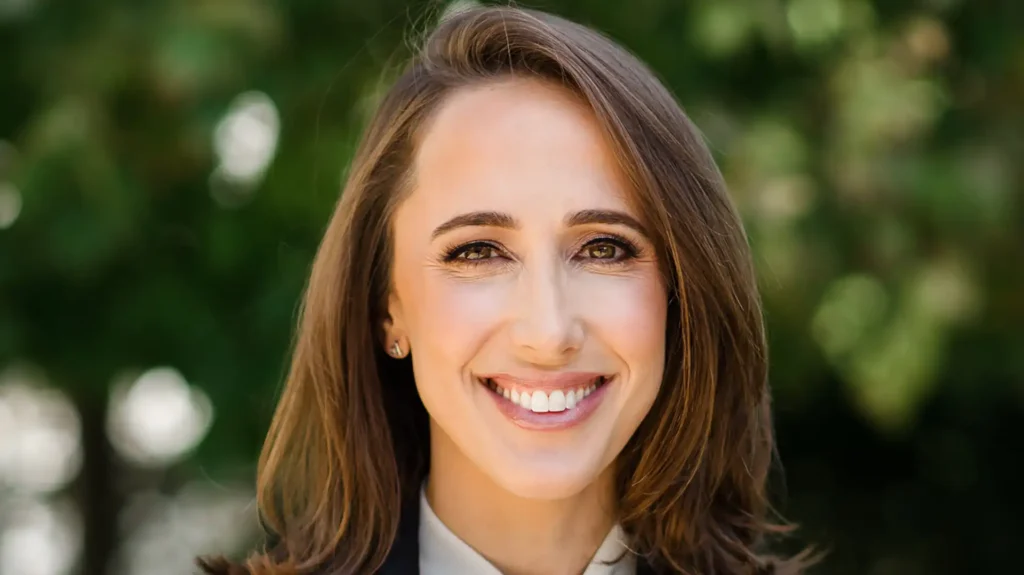
By Michael R. Sitrick JD.
With fall upon us, it’s time to begin firming up your year-end charitable giving plans to ensure your goals are accomplished by the end of the 2021 tax year. While there are many factors to consider and keep an eye on this year—particularly with the likelihood of significant tax reform looming—thoughtful charitable planning remains imperative to ensure that your giving is completed as effectively and efficiently as possible for your favorite causes and charities. Fortunately, there are a number of opportunities available including some special charitable incentives to help you make the most of your giving this year and SEE MORE IMPACT. The following are some reminders and tips for you to keep in mind as you plan. As a rule, be sure to consult with your tax, financial, and other trusted advisors as you finalize your gift planning. There’s still time to act before December 31, but the sooner you do, the better. Gifts of certain types of appreciated assets require significant lead time and may not be possible to complete by year end if you wait too long to initiate them.
Lead Time Reminders for Year-End Gifts:
• Cash, Check and Credit Card Gifts These gifts must be received by your favorite charities (or post-marked, if mailing checks) by Friday, December 31, to be counted for tax purposes in 2021.
• Gifts of Appreciated Stock, Mutual Funds and IRA Qualified Charitable Contributions (QCDs) Gifts of appreciated stock can usually be completed within a few business days depending upon the charity and institution holding the shares, while gifts of mutual funds and IRA QCDs typically require up to two to three weeks. Contact the charity you intend to benefit for transfer instructions and speak with your wealth advisor or IRA administrator to begin making arrangements.
• Gifts of Other Appreciated Assets Gifts of more complex appreciated assets such as real estate, closely-held business interests, paid up insurance policies, alternative investments, etc. can take weeks or months to complete due to the need for appraisals and other requirements to be met. Start initiating these gifts now with your team of advisors and the charity to receive them to allow adequate time for their review and processing in order to be completed by December 31.
2021 CAA Giving Incentives
Several charitable giving incentives from the 2020 CARES Act were extended or expanded upon for 2021 under the Consolidated Appropriations Act (CAA) enacted late last year.
Standard Deduction Households:
Taxpayers taking the standard deduction may deduct up to $300 per individual or, up to $600 if married and filing jointly, for cash contributions made to qualified 501(c)(3) charities during 2021, excluding donor-advised funds, private foundations and supporting organizations. Itemizing Households:
• Cash Through 2021, donors may deduct up to 100 percent of their Adjusted Gross Income (AGI) for cash contributions to qualifying 501(c) (3) charities, excluding donor-advised funds, private foundations and supporting organizations. The deduction rules for contributions to these “non-qualified” charitable vehicles remain unchanged.
• Appreciated Assets Contributions of appreciated assets held for a year or more (stocks, mutual funds, real estate, paid-up insurance policies, closely-held business interests, etc.) to qualified charities, donor-advised funds and supporting organizations remain limited to a deduction of up to 30 percent of donors’ AGI. Contributions of such assets to private foundations remain capped at 20 percent.
Utilizing a combination of these options, itemizing taxpayers can deduct up to 100 percent of their 2021 AGI via charitable gifts. Those who make this 100 percent of AGI election can also carry forward unused qualified cash gift deductions up to five years. The carry forward will be subject to the normal 60 percent of AGI limit, as will cash deductions carried forward from past years. A five-year carry forward also exists for unused qualified gift deductions of long-term appreciated assets up to their regular limits.
Corporate Gifts:
For corporations, during 2021, the 10 percent gross income-based limitation has again been increased to 25 percent for charitable contributions made in cash to qualifying 501(c)(3) charities, excluding donor-advised funds, private foundations and supporting organizations.
QUALIFIED CHARITABLE DISTRIBUTIONS (QCDS)
Donors ages 70½ and up can make Qualified Charitable Distributions (QCDs) from traditional and other types of IRAs to qualified charities (excluding donor-advised funds, private foundations and supporting organizations). The limit on these donations remains $100,000 per individual or $200,000 per married couple. For donors ages 72 and up, these QCDs can count toward their Required Minimum Distributions (RMDs) and lower their adjusted gross income. Per the rules on QCDs established under the SECURE Act in late 2019, deductible contributions made by donors 70½ and older to their IRAs will reduce their QCD limit for the year the contribution is made. Additional Opportunity for IRA Owners 59½ – 70½: Under the CAA, itemizing donors of all ages may choose to deduct up to 100 percent of their AGI for cash charitable contributions during 2021, excluding gifts to donor advised funds, private foundations and supporting organizations. This provides donors ages 59½ to 70½ with a tax benefit similar to a QCD. They can elect a cash distribution from their IRA, contribute it to charity, and potentially offset any tax consequences from the distribution by taking a charitable deduction in an amount up to 100 percent of their AGI.
DONOR-ADVISED FUNDS
Donor-Advised Funds (DAFs) are an excellent tool for people looking for a year-end tax deduction but who want the flexibility to give to charities later. The donors make a tax-deductible gift to open a DAF at a host charity—such as DuPage Foundation. The host charity then owns and invests the DAF’s assets and the donors (or advisors whom the donors name) recommend grants to qualified charities over time. Further contributions can be added as desired or when prudent.
Opportunities for Coordinated, Local Giving
Not sure where to give, looking to benefit multiple organizations, or are looking to pool your giving with others to make your giving go further? Call DuPage Foundation, your local community foundation, at 630.665.5556 for a personal consultation. Our knowledgeable staff can work with you to match your interests with needs and opportunities—locally and beyond—to make a difference today and for the future. Additionally, year end gifts to DuPage Foundation’s unrestricted DuPage Forever Fund and various field-of-interest funds can help the Foundation support local not-for profits as they work to aid our most vulnerable neighbors and preserve and enhance the quality of life throughout our community.
About DuPage Foundation
DuPage Foundation, a 501(c) (3) community foundation, is the philanthropic leader in DuPage County, Illinois. DuPage Foundation manages more than $125 million in assets and has awarded more than $60 million in grants to not-for-profit organizations serving the residents of DuPage County and beyond since its founding in 1986. Individuals and organizations seeking to provide impactful support in DuPage County to address critical issues can create powerful customizable gift solutions and partnerships through DuPage Foundation.
To learn more, call 630.665.5556 or visit dupagefoundation.org
Doing a world of good in our own backyard.®
The content provided above is for informational purposes only and should not be construed as or relied upon as legal or tax advice. DuPage Foundation does not provide legal or tax advice and recommends that you consult with your tax attorney and other members of your professional advisor team before making a significant charitable gift.













